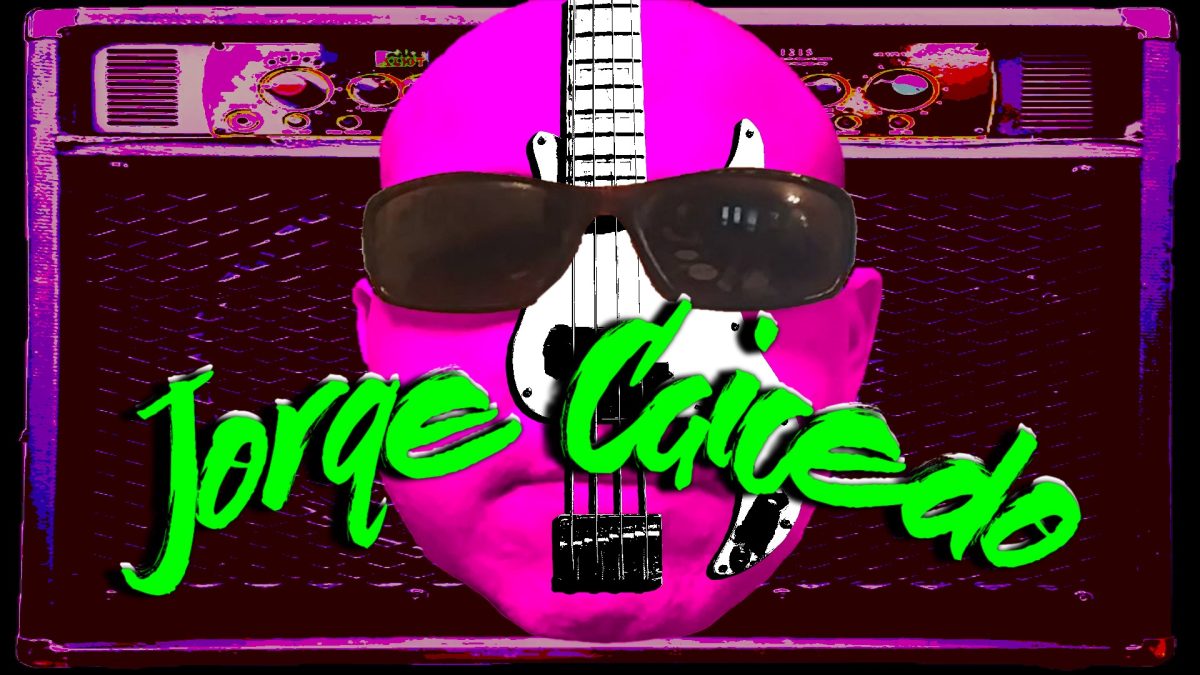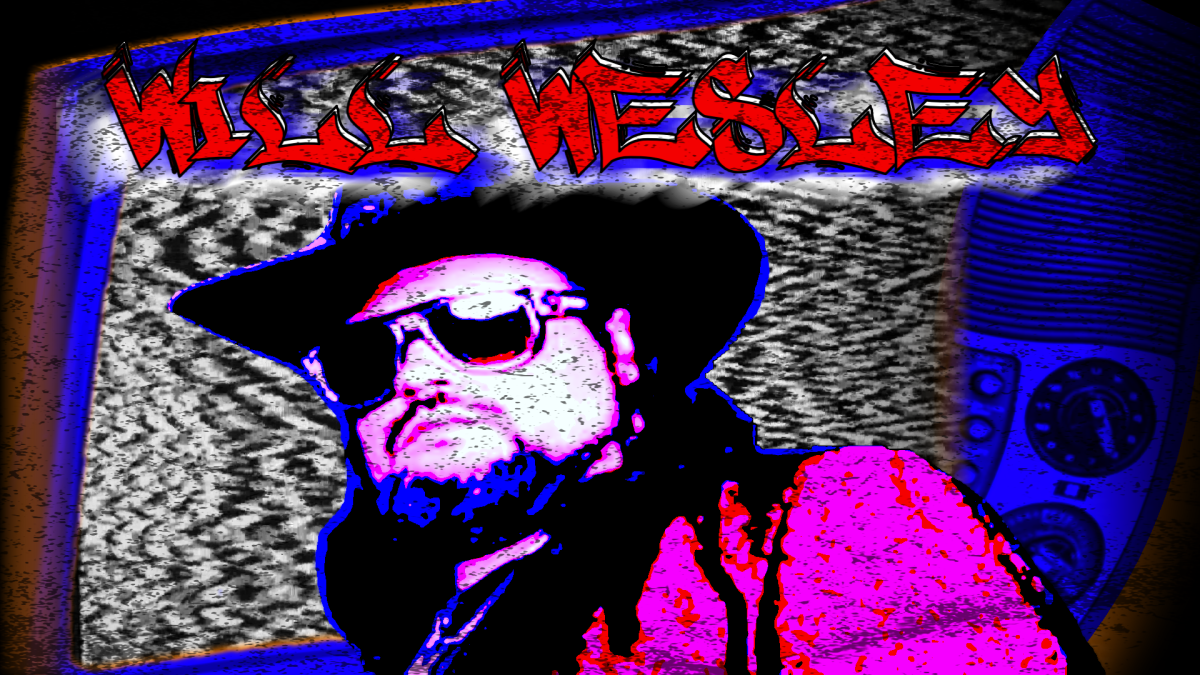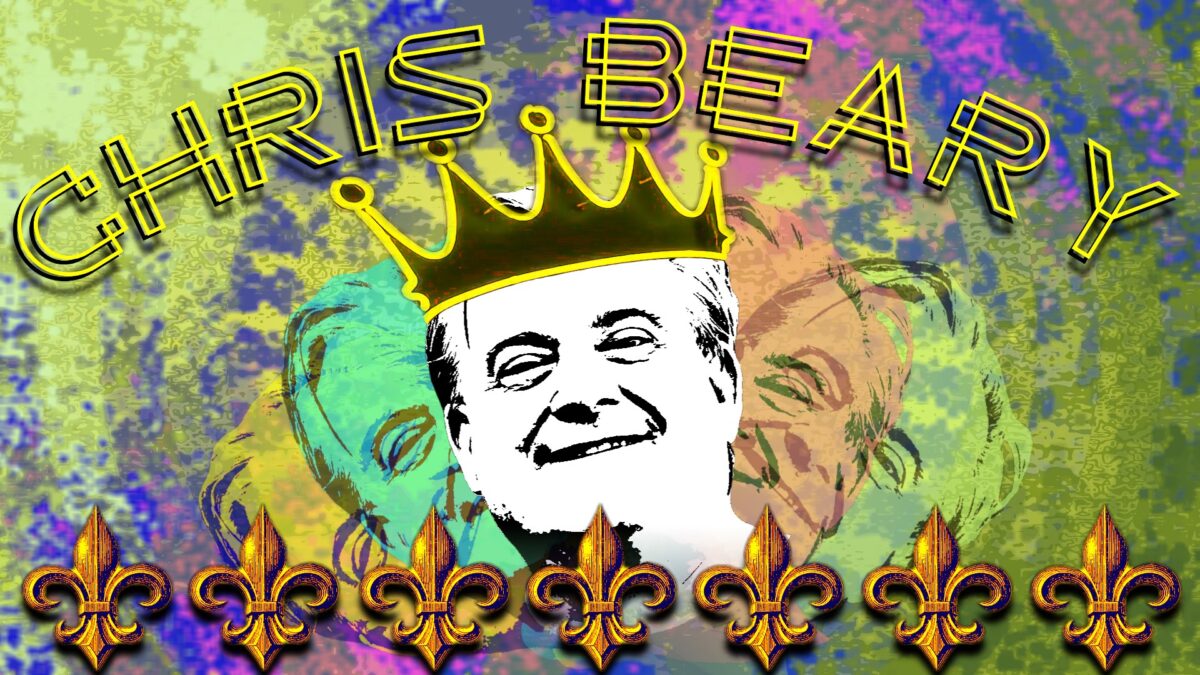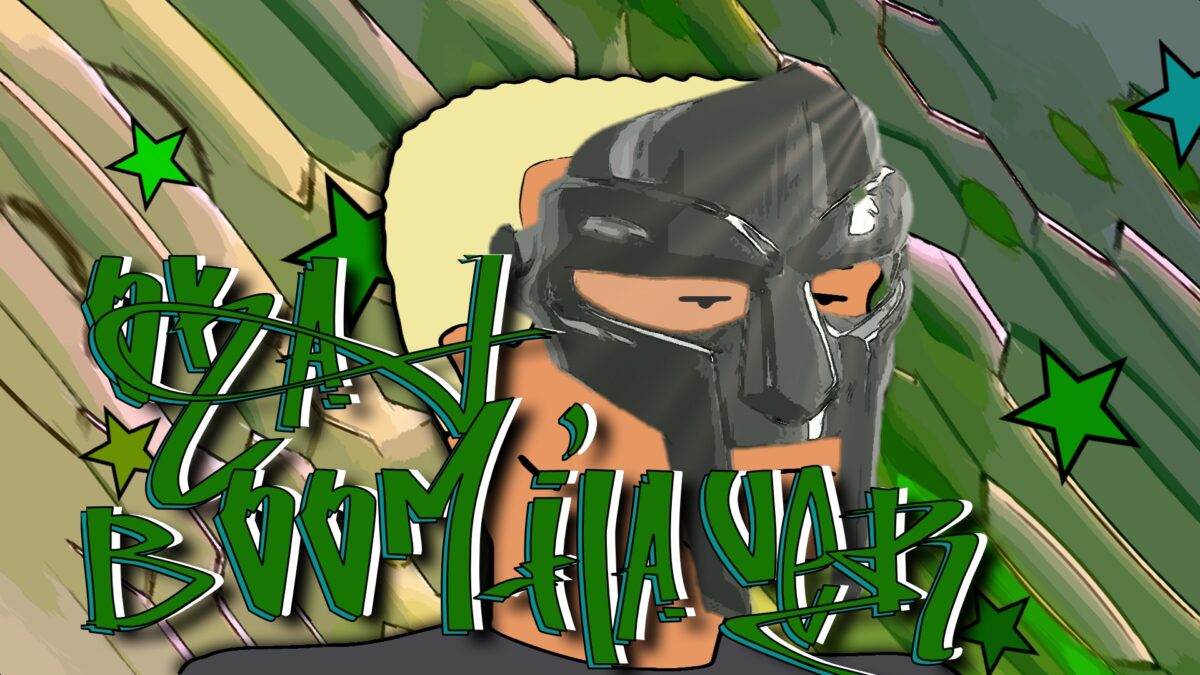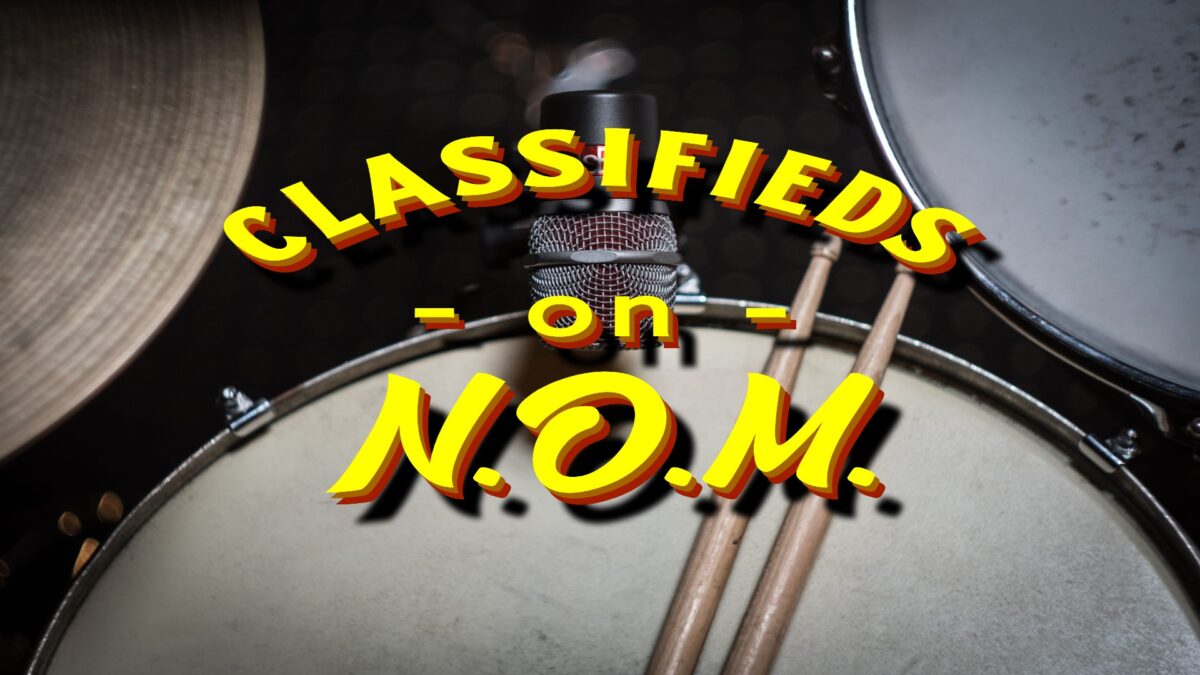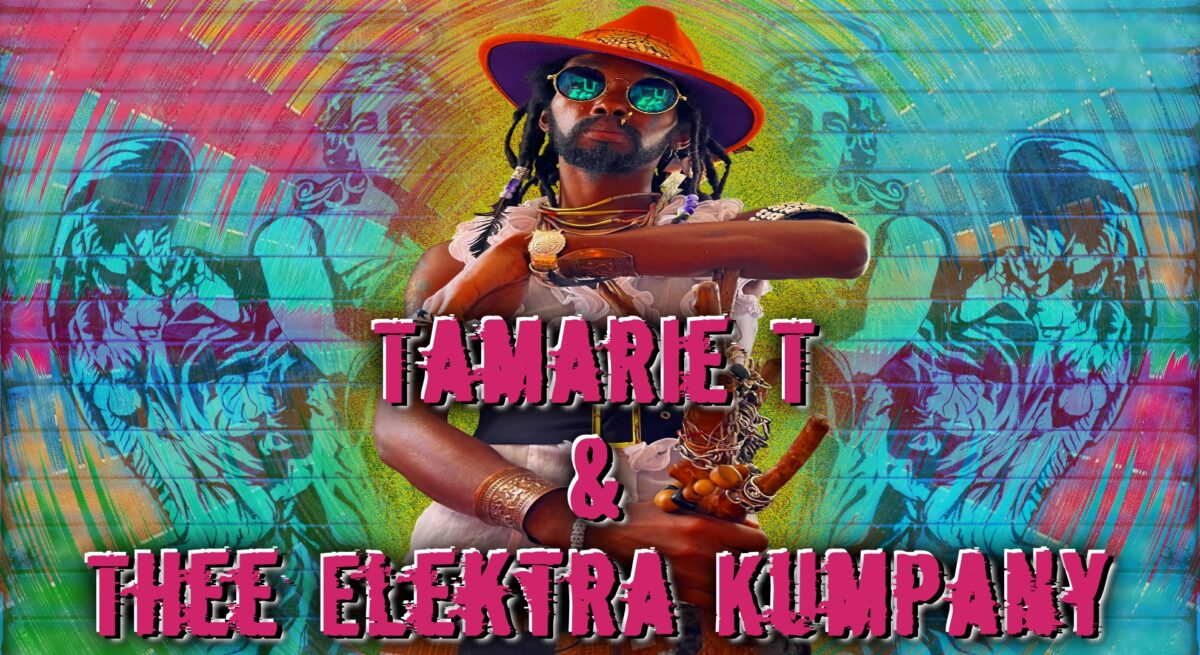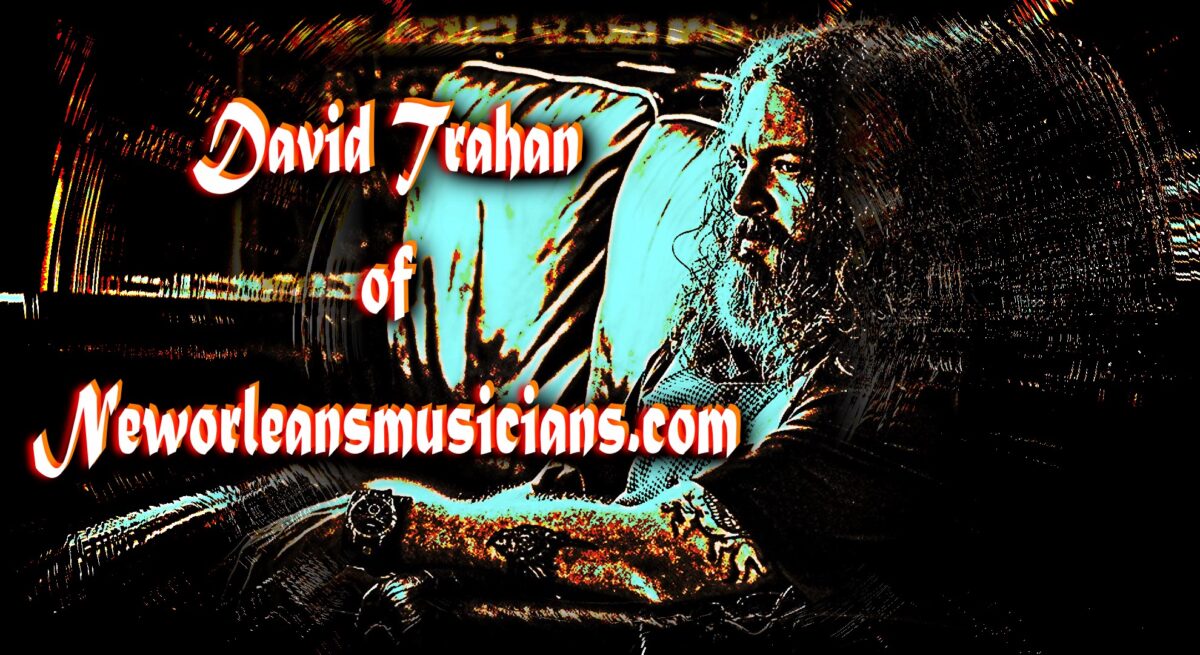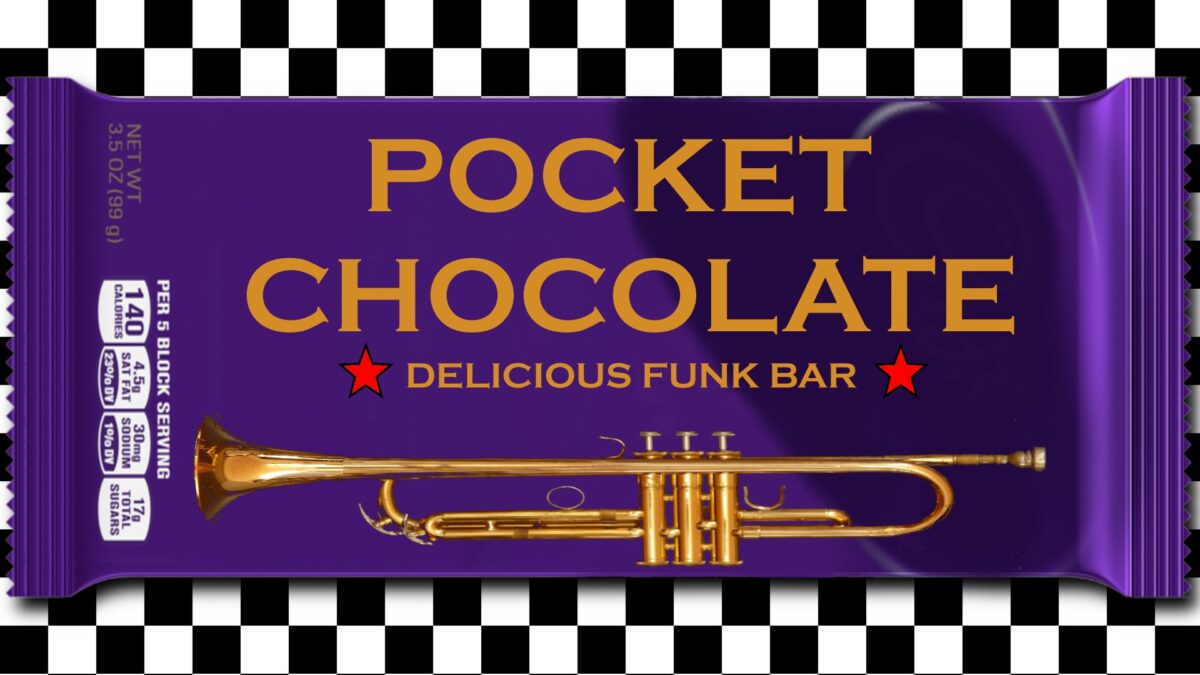As a kid, I remember seeing a cut out of a Ziggy cartoon from the Times Picayune. It was Ziggy looking up into the cosmos. And the bubble read, “In case you didn’t notice, the meek are getting creamed down here.” Like Ziggy, Jorge Caicedo is one of us, any one of us; unassuming and humbly patient. To peel back the layers is a mystery and a privilege. As we sat and talked, my mind was brought back to days of watching That Metal Show. Eddie Trunk, Don Jamieson and Jim Florentine would sit and discuss their opinions and the goings on of metal, current and past. And though it wasn’t done intentionally or with braggadocio, Eddie Trunk would hold court. Similar to Eddie Trunk, Jorge is not loud in appearance or audibility. But if it’s metal you’re talking about, he will reel you in. Any one of Jorge’s points were backed up by a handful of musicians; such to where if you couldn’t relate, you obviously didn’t know your metal.
Bassist Jorge Caicedo was born in Cali, Columbia in 1971 and moved to New Orleans when he was about three years old. He would come to settle in the 9th Ward with his mother, while his father stayed behind in Columbia. His earliest exposure to music was on the local New Orleans radio station, WTIX, playing pop and rock from the 60’s and 70’s. He would eventually begin his musical journey playing clarinet in 5th grade band. It was here that he learned theory, scales, and arpeggios, and get to play in a marching band. He would move onto guitar just as he began attending high school. By this time, he was living in Arabi, Louisiana and attending Holy Cross. While at Holy Cross, he could be found hanging out with the metal heads. He recalls being a big fan of bands like Judas Priest, Iron Maiden, and Motley Crue. Perhaps it was more of a testament to his nature than his chosen music styles. But I found it ironic that, at this time in his life, he took a liking to jazz music. Around the time he was sixteen, Jorge had parted ways with the clarinet moving on to guitar, bass, and a focus on thrash metal. It turned out the attraction for him could be found in thrash as well as jazz. He enjoyed listening to music that was different or experimental; music where the artist was clearly venturing outside their comfort zone. And he tended to steer clear of music that was obviously a clone of someone else’s sound. In this light, his favorite guitarist at the time was Allen Holdsworth, who frequently used advanced music theory concepts. And he was a fan of King Crimson’s early material, as well as Steve Morrison, Maja Vishnu Orchestra, and Chick Corea.
By now, he was graduating high school and discovering the local music scene. And what an introduction it was. In May of 1989, he was one of the many in the audience at Storyville Jazz Hall to see Eyehategod, Soilent Green, and Exhorder. He was quick to recall these facts from so long ago. And I could tell it was an experience that resonated with him. The experience was raw. All of these bands had yet to release a studio recorded album. Eyehategod had a self-released demo, Garden Dwarf Woman Driver. And Exhorder had two of the same with Slaughter in the Vatican & Get Rude (Slaughter in the Vatican, the official studio album would be released on Roadrunner Records the following year). But the experience never left Jorge. On the contrary, he was hooked. He would stick with guitar until the year 2000, when he picked up a bass and began playing… you guessed it, thrash. Surprisingly, he started out on a fretless bass. When visiting in the Marigny, he would always pick up his friend’s Yamaha RBX80 and noodle around. He would later reveal that it mesmerized him. He couldn’t believe the action he was seeing from some of its extreme thrash players like Steve DiGiorgio (Sadus, Death, Autopsy, Testament, and 26 others). His friend finally insisted he take it home. This gave him the courage to actually start out on fretless. Most start out on fretted being that it’s easier to learn. But he was drawn to fretless because of its nuance and unique sound when played. He enjoyed the different techniques that it offered like being able to slide harmonics. Once he got his chops up, Jorge liked to attend open mic nights at places like The Turtle Lounge and Mid-City Rock and Bowl and try things out on stage. These experiences ushered him into a fondness for blues, expanding his musical tastes yet again. The open mic nights he typically encountered were centered around blues and gave him time outside of thrash on the strings. Another element of his musical expansion was the time he spent with local Latin band Vivaz (previously Acoustic Swiftness). He would work the door for them at Café Brazil on Frenchmen St. and help them set up their gear. Oddly enough, this was his main exposure to Hispanic genres. His father, whom remained in Columbia, spoke fluent Spanish. And he left Columbia at such a young age that its musical influences hadn’t had time to set in. But working with this band gave him an appreciation of genres like salsa and merengue. He found the clave style and percussion to be a powerful proponent and driving force.
Jorge would join his first band around 2008, an alternative rock band going by the name Vice. Following that he would join a band more in his style, Built to Destroy. Built to Destroy was more of a technical thrash band and provided him a space where he could really show his abilities. In speaking with Jorge, one can quickly pick up on how detail oriented he is. And this bleeds through into his playing style even to this day. We’re talking about a guy who, during Hurricane Katrina, bought a copy of a Fender Jazz bass, replaced the pickups with EMG jazz pickups, and used that to consume two Jaco Pastorius books. And for those of you not familiar, Jaco was a jazz bassist, composer, producer and member of Weather Report. He’s long been revered as one of the greatest bassists of all time; not easy material to emulate in the least. Jorge would also join and play with The Great Void during this time. All of this hard work and attention to detail paid off for Jorge through random circumstances one night when Malevolent Creation was in town playing at The Bar in Fat City. Happenstance and preparation would lead to the opportunity of a lifetime. Jorge recalls, “I think the way I got the gig, I’m convinced, was that the band Malevolent Creation from Florida, they were playing a show at a venue in Fat City at the time called The Bar. Which used to be Ski Lodge. The promoter hit me up, he’s like ‘Hey dude, we need an opening band. Can you guys do it?’ And so, I hit up my guys (Built to Destroy). I’m like, we’re opening for Malevolent. Let’s do it. So, we did it and Kyle (singer, Exhorder) and Vinnie (guitarist, Exhorder) were there because Malevolent was on Roadrunner Records, as was Exhorder. And they saw us play.” Less than a year later, Exhorder’s bassist, Frankie Sparcello would pass away of unknown circumstances. Being familiar with Jorge’s talent, he was chosen to fill in on bass. But the Exhorder dates clashed with dates Jorge had booked with his bands. One in particular was a night he would be pulling double-duty. The Great Void and Built to Destroy were scheduled to play on the same night at Siberia in New Orleans. “And I told the guys, I said look, Exhorder wants me to do some shows in Texas with Rigor Mortis. I said, I’m taking the gig. They weren’t too crazy about it. But they understood. And then after we did a few shows there, a month or two later we did the Marylin Death Fest. We co-headlined with Viovod. Which was kind of a dream come true.” When Jorge landed that gig and played at Marylin Death Fest, he became part of something huge. That event is arguably the biggest event of its kind in North America, attracting attendees from more than 40 U.S. states and 25 countries every year.
Nowadays Jorge is a member in several bands and is focused on composing new material for MIMIC, a prog rock band he formed with Apollo Xydias of Heraklion. Apollo is on guitar and vocals while Jorge plays bass and programs drums. And they’ve just released a new EP. He’s extremely proud of the fact that his bands, both past and present, are unique. They don’t sound like anything out there, locally or otherwise. He also gives bass lessons independently and is sponsored by Bartolini, a company based in San Luis Obispo, California, that builds pickups and electronics for some of the most respected luthiers around the world. He remains current on social, including a series of Instagram videos demonstrating his talent on bass via unlikely coverings of works by Randy Rhodes, Bach, Beethoven, and a really cool translation of the keyboard and guitar from Liquid Tension Experiment. He chooses some pieces based on their melodic sense, while others he highlights mainly for the challenge. We talked about so much in our interview that it was hard to cover it all here. Being such a resource for music trivia and history, our discussion was loaded with call backs to happenings amongst bands, both local and global. And we also discussed his release strategy for his current EP and upcoming album under Mimic. You can find our podcast episode with Jorge Caicedo by clicking your favorite streaming service icon below. And you can also keep up to date on his current media by using the links below.
Author: David Trahan
https://www.facebook.com/jorge.caicedo.12382

